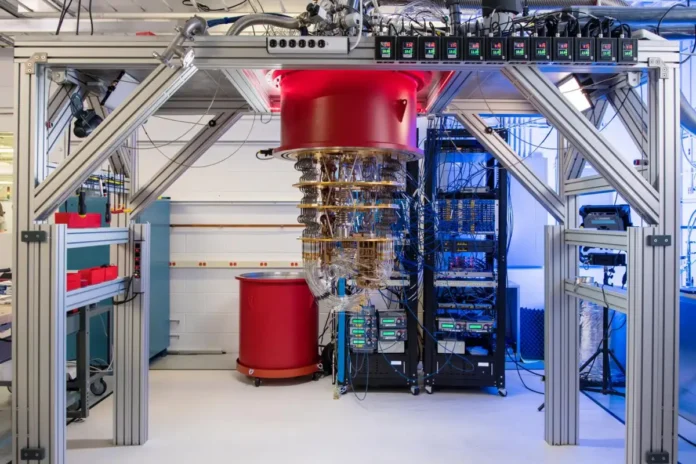In a world increasingly driven by technology the emergence of quantum computing and opened up a realm of possibilities that were once the stuff of science fiction.
Today we will delve into the practical applications of quantum computing or explore how it is making tangible impact on various industries. Join us as we uncover the real world uses of this revolutionary technology.
Quantum Computing: A Brief Recap
Before we delve into its practical uses let’s briefly revisit what quantum computing is all about. Unlike classical computers that rely on bits (0s and 1s) quantum computers use qubits which can exist simultaneously in multiple states due to superposition. This unique property enables quantum computers to process information differently making them exceptionally powerful for specific tasks.
Advantages of Quantum Computing
Quantum computing offers several advantages that make its well suited for certain applications:
Speed:
Quantum computers can solve complex problems exponentially faster than classical computers.
Parallel Processing:
They excel at performing multiple calculations simultaneously thanks to qubit-based parallelism.
Quantum Supremacy:
In some cases quantum computers have achieved quantum supremacy outperforming classical counterparts.
Now let’s explore how these advantages translate into practical applications.
Quantum Computing in Practice
Drug Discovery
One of the most promising applications of quantum computing is in drug discovery. Traditional methods for simulating molecular interactions are time consuming and resource intensive. Quantum computers can simulate complex molecular structures rapidly leading to the discovery of new drugs and therapies at an unprecedented pace.
Impact: Faster drug development and potential breakthroughs in healthcare.
Cryptography and Security
Quantum computing has significant implications for cryptography and digital security. While it can potentially break existing encryption methods it can also create quantum resistant encryption algorithms. This is crucial in an era of increasing cybersecurity threats.
Impact: Enhanced data protection and secure communication.
Supply Chain Optimization
Optimizing supply chains and logistics is critical in today’s global economy. Quantum computing’s ability to solve complex optimization problems efficiently can lead to better business route planning inventory management and cost reduction.
Impact: Cost savings, reduced environmental impact.
Artificial Intelligence (AI)
AI is another field where quantum computing is making its mark. Quantum machine learning algorithms can process vast datasets much faster than classical computers leading to more accurate predictions and insights. This has applications in natural language processing image recognition and more.
Impact: Smarter AI improved decision making.
Financial Modeling
Financial institutions increasingly use quantum computing for advanced financial modeling and risk assessment. Quantum computers can analyze complex financial data in real time enabling better investment decisions and risk management.
Impact: Risk mitigation accurate market predictions.
Overcoming Challenges
While quantum computing offers immense potential, it is not without its challenges:
Error Correction
Quantum systems are highly susceptible to errors due to their sensitivity to environmental factors. Developing effective error correction techniques is essential for the reliability of quantum computers.
Scalability
Scaling up quantum computers to handle real world problems is a significant challenge. Researchers are working on building larger and more stable quantum systems.
Quantum Supremacy
Quantum supremacy, the point at which a quantum computer outperforms the most powerful classical computers, has been achieved in some limited cases. However, achieving it consistently and for many applications remains a goal.
The Future of Quantum Computing
Quantum computing is not a distant concept of the future; it is a transformative technology already making its mark in today’s world. From revolutionizing drug discovery and improving cybersecurity to optimizing supply chains and enhancing artificial intelligence, quantum computing can potentially change how we approach complex problems.
As researchers continue to address challenges and refine quantum technology we expect to see even more practical applications emerge. The impact of quantum computing on industries and our daily lives is set to grow and we are witnessing the beginning of a quantum revolution that could change everything.


